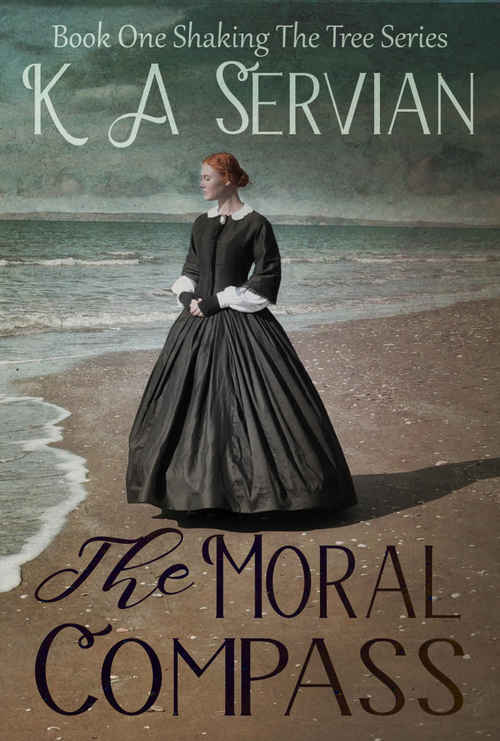During a recent conversation with one of my beta readers after she read my latest book, THE MORAL COMPASS, she asked me a question that gave me one of the biggest boosts I’ve had so far as a writer. Without giving away too much of the plot, she told me that at first she’d desperately wanted one of the characters to succeed, but by the end, she wanted them to fail. She explained that the transformation of her feelings, which had been so strongly in favour of this character at the start, had occurred subtly over the course of the book. By the end, she felt as strongly negative about the character as she had felt positive about them three-hundred or so pages earlier. She then asked me, “How did you manipulate my emotions like that?”
The shift in her feelings was no accident and the fact that she had been on this journey, meant that I’d succeeded in my job as a writer. I’m kind of like an evil puppet master, toying with my characters, putting them through all sorts of terrible trials, and in the process taking my readers on an emotional roller-coaster ride.
There are a variety of tools writers have at our disposal to influence our readers’ emotions.
First, we have to ensure that our characters are relatable so our readers can see elements of themselves. Usually this is best achieved by making the characters flawed. Nobody likes Mr or Mrs perfect. We want them to stumble over their words, feel unsure of themselves and make mistakes—because that’s what real people do. It will probably take a couple of chapters for your characters to get under your readers’ skin. But it is essential that they do if the reader is to care what happens to them.
Once your reader is emotionally invested in the characters, we have a variety of literary devices at our fingertips to maintain this connection. While there are many more, here are a few examples.
Show don’t tell, particularly when dealing with emotions. The reader must be able to ‘see’ the scenes unfolding before them to truly feel their impact. This cannot be achieved by ‘telling’ our reader that a character was ‘very upset’ when her dog was run over, we have to ‘show’ the character crouching over the prostrate body of her life-long companion with tears streaming down her face as she strokes the familiar fur for the last time. Remember to use all the senses not just sight- what does she hear, feel and smell? The senses (particularly smell) can be as, if not more, powerful than sight alone.
Create the ties early on. If we want the reader to truly care about the character and her deceased pet, we must ensure that before Fido reaches the point of his demise, we’ve made him an essential emotional support for our character. The stakes have to be high; losing her dog has ripped her heart out. She may be at a low point already due to other elements in the story and this event tips her over the edge.
Foreshadowing helps to build tension so that when the worst happens your reader is already on edge, anticipating what is coming up. We can drop subtle hints, but be careful that all your hints are relevant. Chekov’s gun is a perfect example of foreshadowing. Basically, he is recorded as having said that if there is a gun in the first chapter, it must go off by the third chapter or it should not be there. By mentioning the gun, the writer puts a seed in the readers’ mind that arouses their interest and builds tension. They are hooked and want to know what is going to happen next. By the time the gun goes off, the reader is in a heightened emotional state so the event affects them more deeply than it would have done if the gun had just appeared and been shot without warning.
As I mentioned there are many other ways to manipulate readers’ emotions such as pace, cadence, forced decisions and time restraint, but hopefully this has given you a starting point to using your writing to mess with your readers’ minds.
THE MORAL COMPASS by K.A. Servian
Shaking the Tree
Florence lives like a Princess attending dinner parties and balls away from the gritty reality, filth and poverty of Victorian London. However, her world comes crashing around her when her father suffers a spectacular fall from grace. She must abandon her life of luxury, leave behind the man she loves and sail to the far side of the world where compromise and suffering beyond anything she can imagine await her. When she is offered the opportunity to regain some of what she has lost, she takes it, but soon discovers that not everything is as it seems. The choice she has made has a high price attached and she must live with the heart-breaking consequences of her decision.
Romance Historical [Sweet Pea Publishing, On Sale: September 17, 2017, e-Book, / ]



No Comments
Comments are closed.